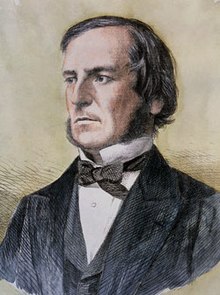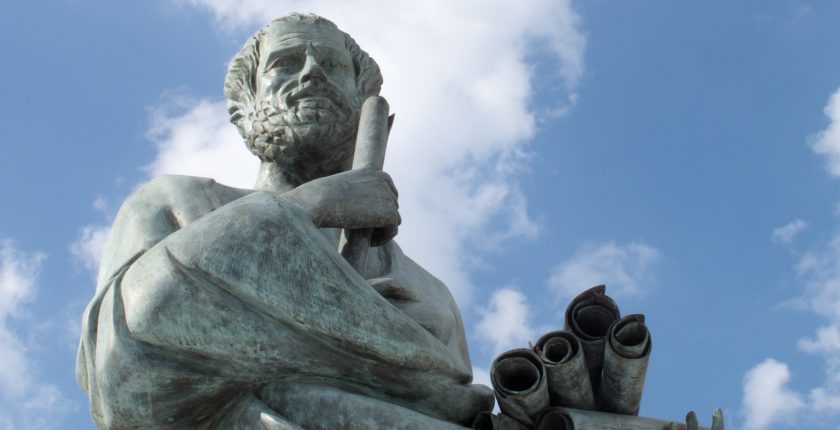Course Contents:
a) Concepts, Truth.
b) Sources of Knowledge.
c) Some Principal uses of the verb “To know”, Conditions of Propositional Knowledge, Strong and weak senses of “know”.
d) Analytic truth and logical possibility.
e) The apriori.
f) The Problem of Induction.
g) Cause and Causal Principles
h) Realism, Idealism.
i) Phenomenalism
j) Substance and Universal

Course Contents:
a) Logic and Arguments, Deductive and Inductive Arguments, Argument forms and arguments, statement forms and statement, Truth and Validity. Categorical propositions and classes: quality, quantity and distribution of terms, translating categorical propositions into standard form.
b) Immediate inferences: Conversion, Obversion and Contrapositon, Traditional square of opposition and Immediate Inferences based there on; Existential Import, symbolism and Diagrams for categorical propositions.
c) Categorical Syllogism: Standard Form categorical Syllogism; The Formal nature of Syllogistic Argument, Rules and Fallacies, General Rules; To test Syllogistic Arguments for validity (by applying general rules for syllogism); To solve problems and prove theorems concerning syllogism.
d) Boolean Interpretation of categorical propositions; Review of the Traditional Laws of Logic concerning immediate inference and syllogism; Venn Diagram Technique for Testing Syllogisms, Hypothetical and Disjunctive Syllogisms, Enthymeme, The Dilemma.
e) Induction: Argument by Analogy, Appraising Analogical Arguments, Refutation by Logical Analogy.
f) Causal Connections: Cause and Effect, the meaning of “Cause”; Induction by Simple Enumeration; Mill’s Method of Experimental Inquiry; Mill’s Method of Agreement, Method of Difference, Joint Method of Agreement and Difference, Method of Residues, Method of Concomitant Variations; Criticism of Mills Methods, Vindication of Mill’s Methods.
g) Science and Hypothesis: Explanations; Scientific and Unscientific, Evaluating Scientific Explanations; The pattern of Scientific Investigation; Crucial Experiments and Ad Hoc Hypotheses.
h) Probability: Alternative Conception of Probability; The Probability Calculus; Joint Occurrences; Alternative Occurrences.

Course Contents:
a) Symbolic Logic: The value of special symbols; Truth-Functions; Symbols for Negation, Conjunction, Disjunction, Conditional Statements and Material Implication; Material Equivalence and Logical Equivalence; Dagger and stroke functions; inter-definability of truth functors.
b) Tautologous, Contradictory and Contingent Statement-Forms; The Paradoxes of Material Implication; The three Laws of Thought.
c) Testing Argument Form and Argument for validity by
i. The Method of Truth-table.
ii. The Method of Resolution (Fellswoop & Full Sweep)[dot notation excluded]
d) Determining
the logical character of statement form and statements by
i. The Method of Truth-table.
ii. The Method of Resolution [dot notation excluded]
e) The Method
of Deduction: Formal Proof of Validity: Difference between Implicational
Rules and the Rules of Replacement; Construction of Formal Proof of Validity by
using nineteen rules; Proof of invalidity by assignment of truth-values.
f) Quantification Theory: Need for Quantification Theory, Singular Propositions; Quantification; Translating Traditional subject predicate proposition into the logical notation of propositional function and quantifiers;
g) Quantification Rules and Proving Validity; Proving Invalidity for arguments involving quantifiers.

Course Contents:
a) Classical Indian attitude to Environment
a) The Upanisadic world-view,
b) Tagore’s understanding of nature,
c) The post-Upanisadic view of nature
b) Respect for Nature
a) The attitude of respect,
b) Bio-centric outlook to nature,
c) Ethical standards and rules that follow from the attitude of respect to nature,
d) The idea of inherent worth of nature.
c) Intrinsic Value of nature
a) Moore’s talk of ‘intrinsic properties’,
b) Chilsom’s idea of intrinsic value,
c) Attfield on the intrinsic value of nature,
d) Callicott’s idea of intrinsic value of nature,
e) Rolston III on intrinsic value of nature,
f) intrinsic value and objective value
d)
Deep ecology and its third world critique
a) Arne Naess on Deep Ecology,
b) Ramchandra Guha’s critique of Deep Ecology
e)
Eco-feminism
a) Understanding nature and the feminine,
b) Dualisms in Western tradition,
c) Masculinity, humanity and nature.
